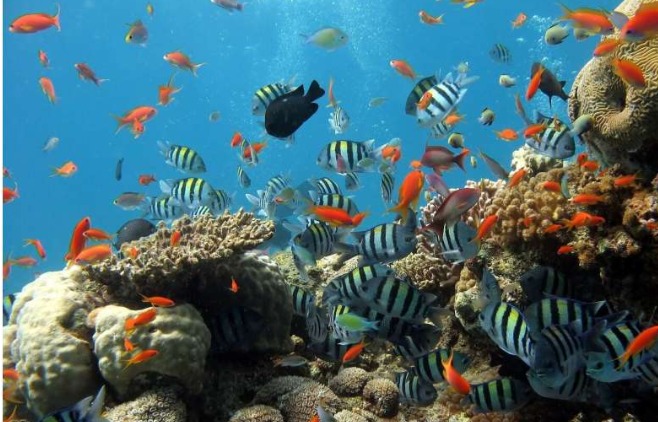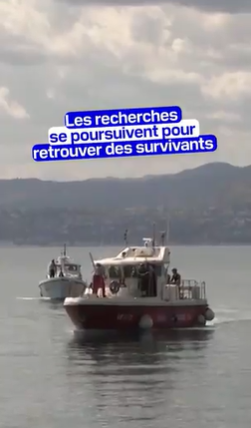
Understanding the relationship between humans and the ocean is crucial for making informed and effective decisions that will shape the future of our ocean. In this regard, achieving sustainable global progress in ocean protection requires prioritizing ocean knowledge.
Currently, there is a gap between young people’s recognition of the ocean’s vital role in climate change and the necessary actions to protect and restore it.
My work as a marine social science specialist focuses on ocean literacy. To me, knowledge is one of the most powerful tools for driving the action needed to save ocean health. The development of ocean literacy—through a series of education and engagement initiatives worldwide that incorporate various types of knowledge—needs to be better prioritized.
Only then can we equip young people with what they need to protect our ocean and understand who should be held accountable for its health.
The ocean, stretching beyond the horizon, beneath the surface, and into the depths, largely remains out of sight and out of mind. But what happens within it affects us. Promoting better ocean knowledge throughout society can help bridge this gap.
Ocean literacy is defined as “having an understanding of the ocean’s influence on you and your influence on the ocean.” While not a new concept, ocean literacy has gained popularity in recent years, partly due to its inclusion as a potential driver of change in the United Nations Decade of Ocean Science, launched in January 2021.
Young people must play a central role in efforts to restore ocean literacy across society. It is essential for them to understand the challenges facing the ocean, recognize who is responsible for addressing them, and advocate for greater action. Improving ocean literacy within this generation fosters a deeper appreciation of the ocean’s crucial role in our daily lives—both now and in the future.
According to a recent global study of 3,500 young people from 35 countries, a significant percentage of youth express concerns about ocean health.
The report, which has not been peer-reviewed, was published by Back to Blue, an initiative of the Economist Impact think tank and the Nippon Foundation, a grant-making organization based in Asia.
It highlights that while 53% of young people believe the ocean can protect us from climate change, 61% prioritize protecting forests, tackling air pollution, and addressing freshwater shortages. This suggests that young people worldwide have a low level of ocean literacy.
This finding echoes a growing number of national ocean literacy assessments. In 2022, a study on ocean knowledge in Wales found that while 84% of people indicated that protecting the marine environment was important to them, 40% believed their lifestyle had no impact on the sea. This reveals a concerning level of disconnection and lack of knowledge about the ocean, which could hinder our ability to tackle urgent challenges, including biodiversity loss, climate change, and pollution.
It’s All About Responsibility
This isn’t about assigning blame. However, accountability ensures that governments, industries, and individuals take responsibility for their role in ocean health, fostering transparency and the necessary actions for meaningful education and engagement.
The Back to Blue study found that while half (50%) of young respondents were concerned about ocean pollution, very few (17%) wanted increased accountability from businesses and corporations.
This study, which I advised on, also reveals that young people have high expectations of governments, charities, and local communities. Nearly half (46%) said governments should take stronger action to protect ocean health. However, expectations of the private sector—one of the biggest contributors to ocean pollution—were very low. Young people do not fully understand where responsibility lies for ocean pollution and the decline in ocean health.
The lack of accountability slows progress and perpetuates a cycle of ocean neglect. But engaging young people in ocean issues will empower them to demand more action and help develop effective solutions.
In some places, ocean literacy is more embedded in students’ learning. More than 500 certified European Blue Schools are part of the European Blue Schools network. The Atlantic Blue Schools Network has implemented ocean education projects and Blue School Ambassadors in schools across 16 countries, from Angola to the United States.
Education can help mobilize young people—but only if education systems worldwide integrate ocean literacy from an early age and across all disciplines.
By prioritizing ocean literacy, we can empower young people to become informed stewards of the ocean, ensuring that they are not only aware of its vital role in our daily lives but also actively engaged in reversing current trends.4o



